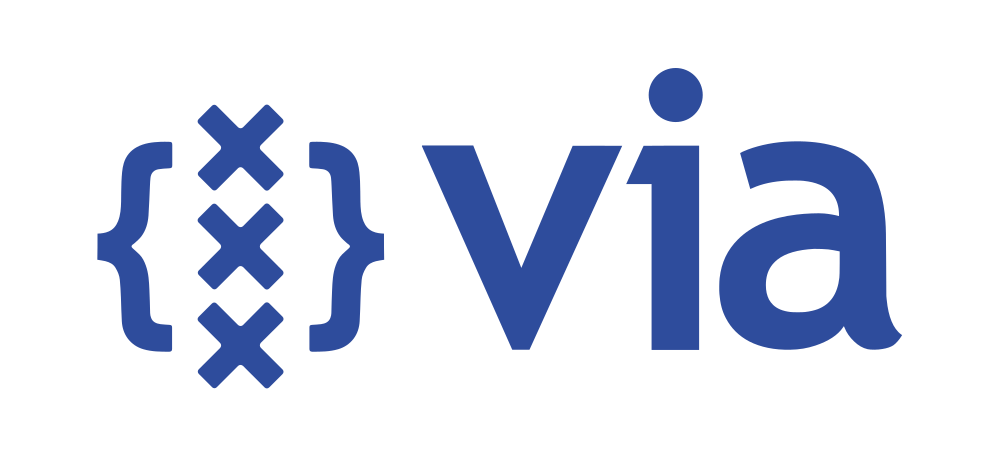
Awesome IT 2026
Hack the System
March 6th 2026
Science Park, Lab42On the 6th of March 2026, the fourteenth edition of Awesome IT will be held. Join us for a day of informative and inspiring talks from experts in a wide range of IT-related fields.
Speakers
Click on a name on the left for more information about a speaker
Gerrit Oomens
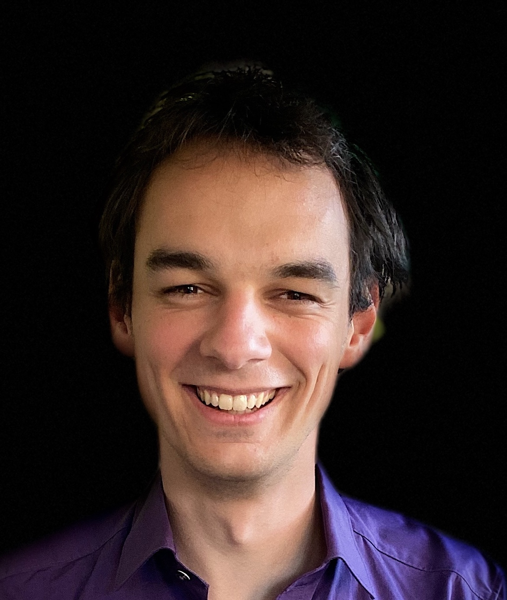
Gerrit Oomens graduated from the University of Amsterdam in 2012 and has since then been involved in development of IT systems and infrastructure at the university and beyond. Nowadays he is responsible for information security and privacy at the Faculty of Science, where he oversees the implementation of security controls, while trying to identify and mitigate cybersecurity risks.
Talk: Security: theory or practice?
In recent years, attention in media and politics for cybersecurity has increased significantly. Large organisations have been targeted by a number of high-profile ransomware attacks and recent conflicts have included attacks on digital as well as physical infrastructure. At the same time, new European and national legislation requires organisations in crucial sectors, including higher education, to implement and demonstrate a wide range of security controls.
In this talk, I will discuss these controls and how effective they are in practice. We will look at real-world examples of cybersecurity risks in large public organisations such as the university. What are the threats that we face and what can we do about them? How effective are government-mandated security controls in mitigating such risks?
Domain: Security
Dr. Kostas Papagiannopoulos
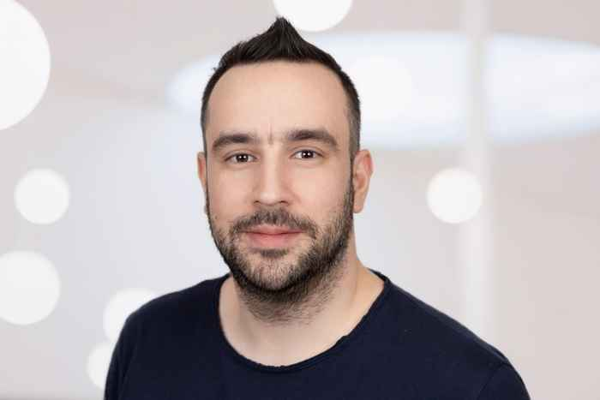
Kostas Papagiannopoulos is an assistant professor in the University of Amsterdam, working on applied cryptography and hardware security in the Parallel Computing Systems group (PCS). Before, he was a senior vulnerability analyst at NXP semiconductors in Hamburg, Germany. He holds an PhD in Cryptography and Side-Channel Analysis from Radboud University Nijmegen, an MSc in Computer Security from Radboud University and an BSc/MSc in Electrical Engineering from NTUA, Greece.
Talk: Towards Automated Hardware Security
Abstract: The detailed security evaluation of secure devices is a time-consuming, error-prone and labor-intensive process. The human security analyst is often called to cover a large attack surface within a limited amount of time. In this talk we show our research plans that aim to accelerate side-channel evaluation and countermeasure development by automating both the attack and defense design pipelines. Our end goal is to provide automated tools that can reduce the secure device certification time, while still ensuring a thorough investigation.
Domain: Security
Dr. Julia Noordegraaf
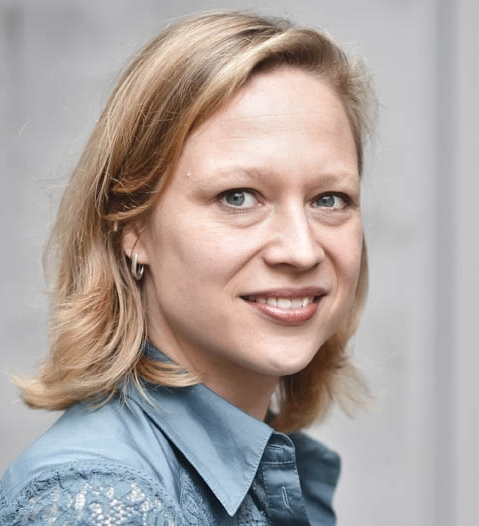
Julia Noordegraaf is professor of Digital Heritage at the University of Amsterdam and Vice-Dean of Research on the Faculty of Humanities Board. She founded the research program and lab CREATE, that studies the history of urban creativity using digital data and methods. Noordegraaf’s research focuses on the reuse of digital cultural heritage for media historical research. She is Chairing the Supervisory Board of CLARIAH-NL, the national digital humanities research infrastructure. In the context of the European Time Machine project Noordegraaf coordinates the realization of the Amsterdam Time Machine: a “Digital Twin” for location-based, personalised access to historical information on Amsterdam.
Talk: Unlocking Digital Cultural Heritage in Time and Space: A Scalable Approach to the Study of Human Culture
The rapid developments in digital technology have increased the amount of digital representations of cultural heritage and generated a wealth of new, born digital heritage (UNESCO 2019). In tandem, a broad variety of tools, platforms and infrastructures has emerged to find, access, enrich, analyze and visualize digital cultural heritage sources and the information contained in them. In particular, software for creating interactive maps and 3D visualizations facilitate the connection of digital cultural heritage sources to the locations they relate to and support the evocation of past places (Huurdeman and Piccoli 2021; Heuvel and Noordegraaf 2023). As such, these digital platforms allow for spatial and temporal explorations of the local past, offering new opportunities for humanities research (Bodenhamer et al. 2015). This lecture reflects on the opportunities offered by such spatial and temporal approaches to cultural heritage for understanding the past of human culture via computational research. It argues that in doing so, we need to adopt a ‘scalable research framework’ that alternates between the macro level of identifying patterns in large datasets, across space and through time, and the micro level of one particular text, image, location, person or event (Noordegraaf 2025). It also reflects on the challenges of using digital methods and sources for humanities research, asking which historical ‘truths’ emerge and to what extent these are shaped by digital transformation and processing.
Domain: Data
Dr. Melanie Rieback
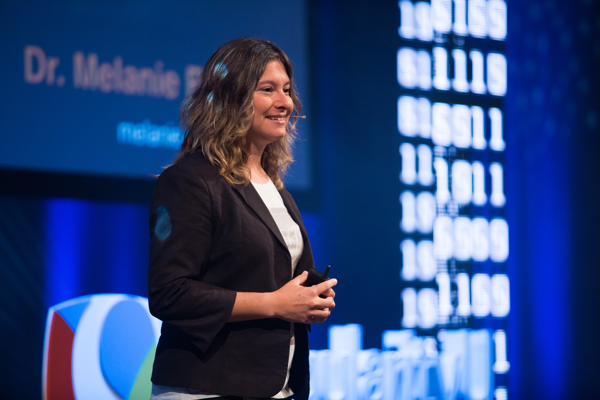
Dr. Melanie Rieback is CEO/Co-founder of Radically Open Security (the world's first not-for-profit computer security company), and "Post Growth" startup incubator Nonprofit Ventures. She also teaches at the University of Amsterdam Business School. She was named "Most Innovative IT Leader of the Netherlands" by CIO Magazine (TIM Award) in 2017 and one of the "9 Most Innovative Women in the European Union" (EU Women Innovators Prize) in 2019. Melanie was inducted into the Internet Society NL Hall of Fame in 2024. She was also named one of the 400 most successful women in the Netherlands by Viva Magazine (Viva400) in 2010 and 2017, and one of the fifty most inspiring women in tech (Inspiring Fifty Netherlands) in 2016, 2017, and 2019. Her company, Radically Open Security was named the 50th Most Innovative SME by the Dutch Chamber of Commerce (MKB Innovatie Top 100) in 2016.
Talk: Avante Garde Informatics
Computer Science can be radical, political, expressive, and artistic. In this presentation dr. Melanie Rieback will share her own experiences with hacking and //Radically Open Security, critically reflect on Computer Science education, and suggest ways to leverage our "craft" for positive disruptive change.
Domain: Computer Science
Kaan Kiyak
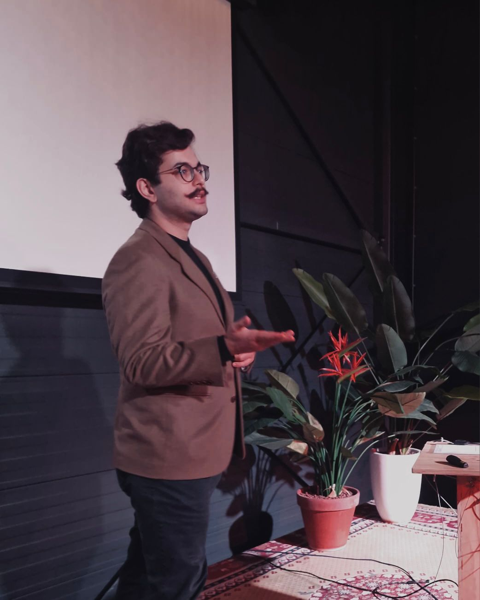
Kaan is a the CEO/Founder of Caracal Intelligence, a start-up working on real-time risk forecasting and exposure analysis for enterprises. After finishing his MSc specializing in intelligence at Leiden University he got into modernizing the risk management sector with a 2020s outlook. Nowadays he is working at the intersection of intelligence and machine learning with a great emphasis on speedy delivery and accurate models.
Talk: Preparing for Disruptions: Building Resilience into Systems and Organizations
Global operations and enterprise systems are increasingly exposed to geopolitical shocks, industrial incidents, regulatory interventions, and climate-driven disruptions. Yet most organizations remain optimized for efficiency rather than resilience. While visibility tools and news monitoring platforms provide information, they often fail to translate external events into operational impact. Drawing on intelligence methodologies and modern data architectures, the session explores how new models and methodologies enable organizations to determine not just what is happening, but whether and how it affects them. It also addresses the appropriate role of AI within resilience frameworks, emphasizing hybrid systems that combine deterministic models with machine learning for scalable, explainable decision support.
Domain: Intelligence, risk management
Hack Challenge

Talk: Powered by Chipsoft
Domain: Challenge
Program
Click or tap on a talk for more information.
L1.01 |
L1.02 |
Hal |
|
|---|---|---|---|
| 11:30 |
Walk-in11:30 - 12:00
|
||
| 11:45 | |||
| 12:00 |
Dr. Melanie Rieback12:00 - 13:00Avante Garde Informatics |
Kaan Kiyak12:00 - 13:00Preparing for Disruptions: Building Resilience into Systems and Organizations |
|
| 12:15 | |||
| 12:30 | |||
| 12:45 | |||
| 13:00 |
Lunch13:00 - 14:00
|
||
| 13:15 | |||
| 13:30 | |||
| 13:45 | |||
| 14:00 |
Hack Challenge14:00 - 15:00Powered by Chipsoft |
Dr. Kostas Papagiannopoulos14:00 - 15:00Towards Automated Hardware Security |
|
| 14:15 | |||
| 14:30 | |||
| 14:45 | |||
| 15:00 |
Break15:00 - 15:30
|
||
| 15:15 | |||
| 15:30 |
Dr. Julia Noordegraaf15:30 - 16:30Unlocking Digital Cultural Heritage in Time and Space: A Scalable Approach to the Study of Human Culture |
Gerrit Oomens15:30 - 16:30Security: theory or practice? |
|
| 15:45 | |||
| 16:00 | |||
| 16:15 | |||
| 16:30 |
Plenary Closing16:30 - 16:45
|
||
| 16:45 |
Drinks16:45 - 18:00
|
||
| 18:00 |


